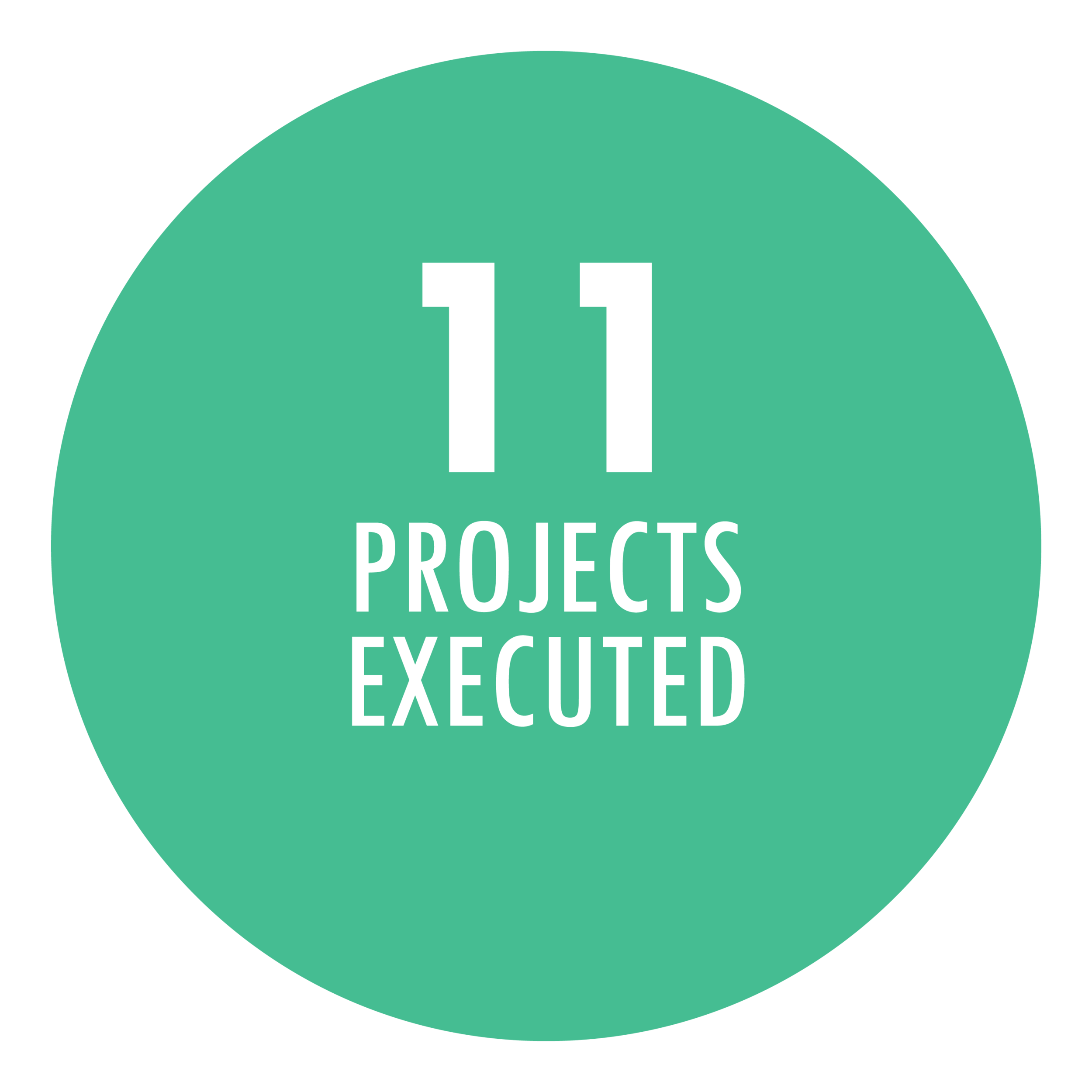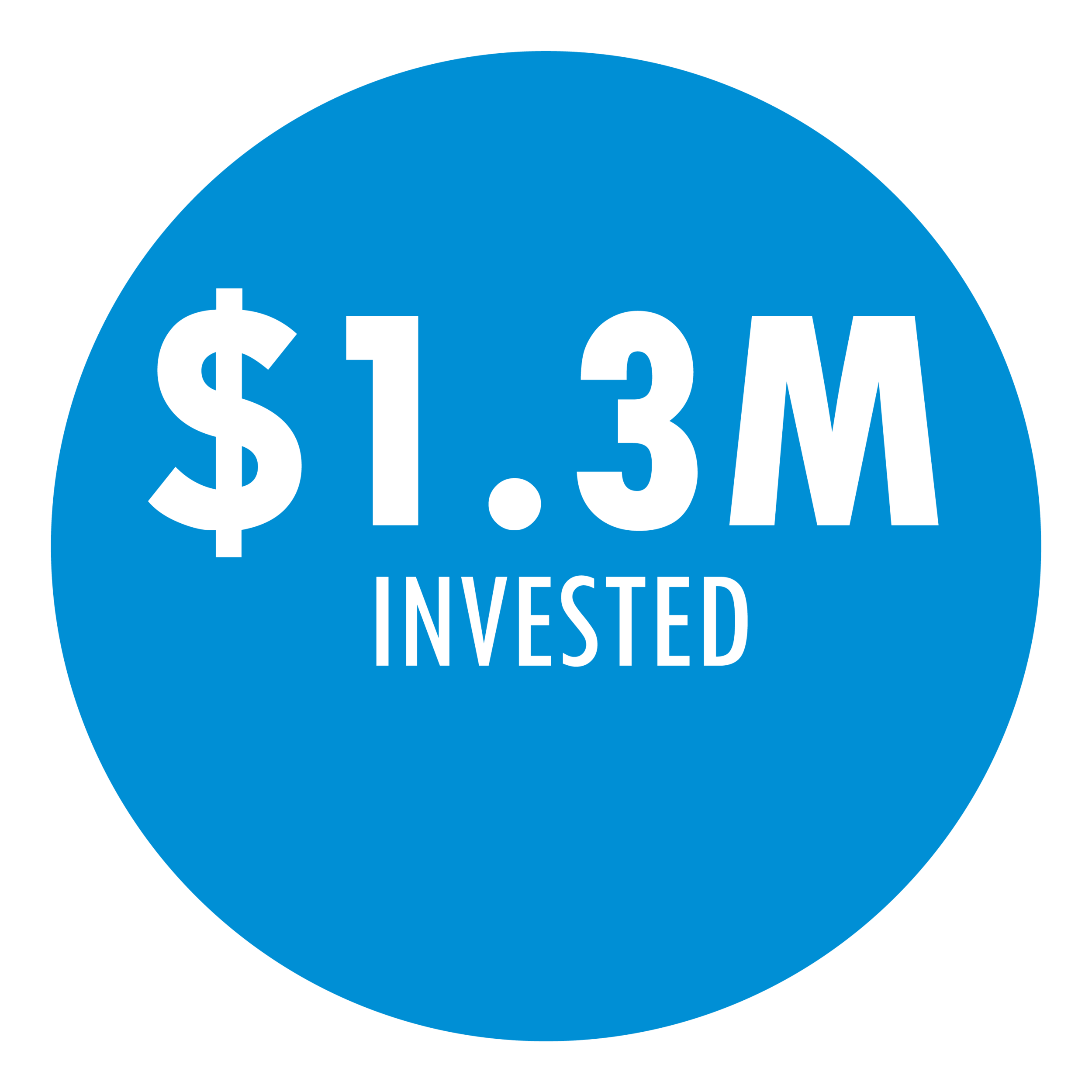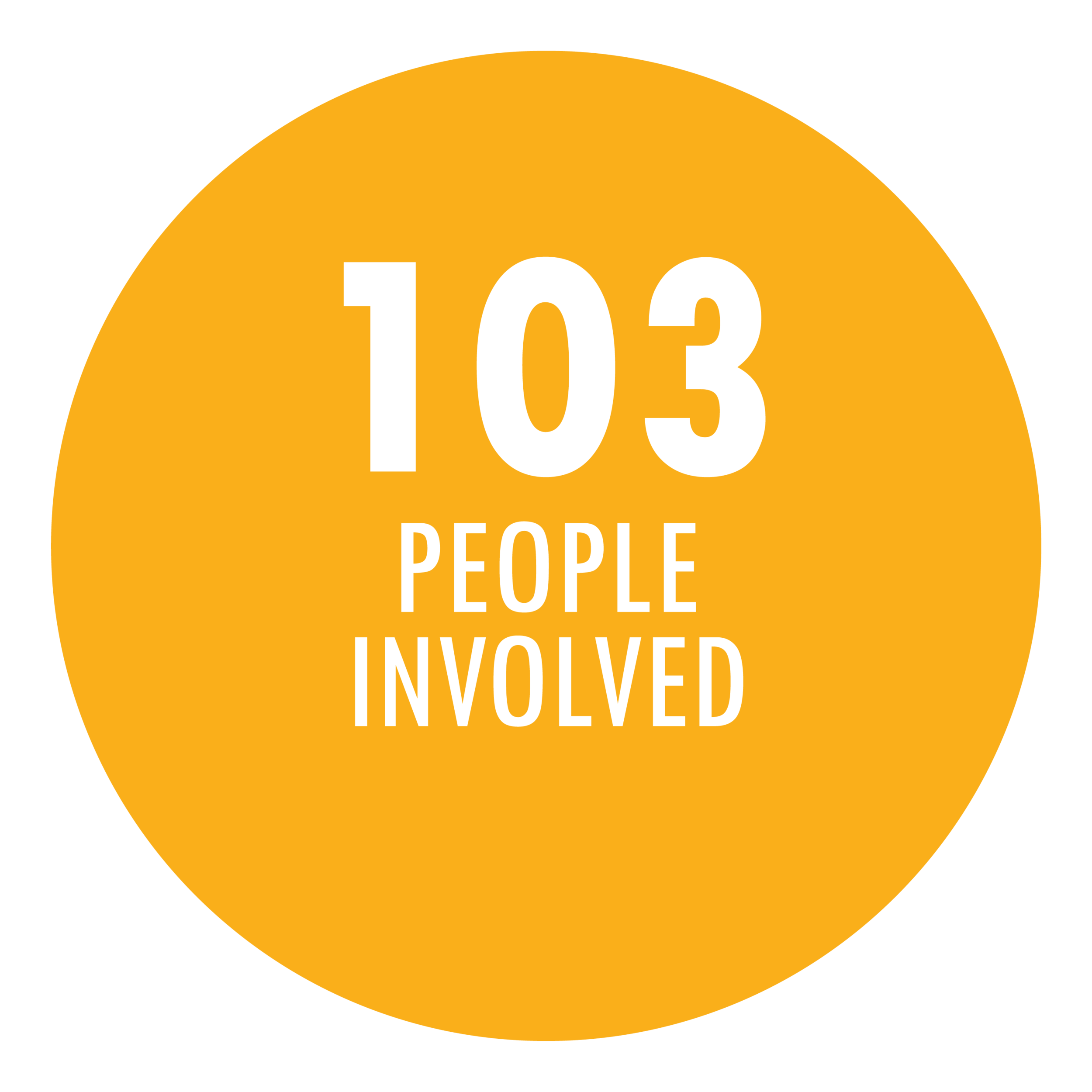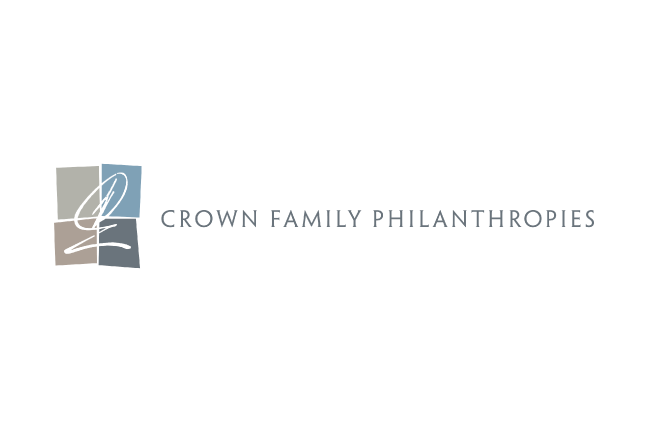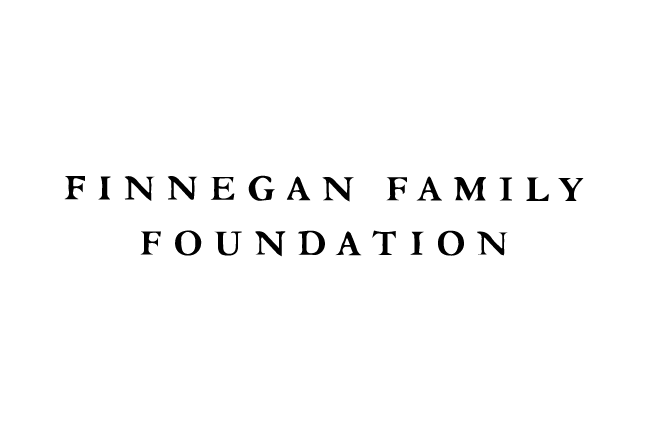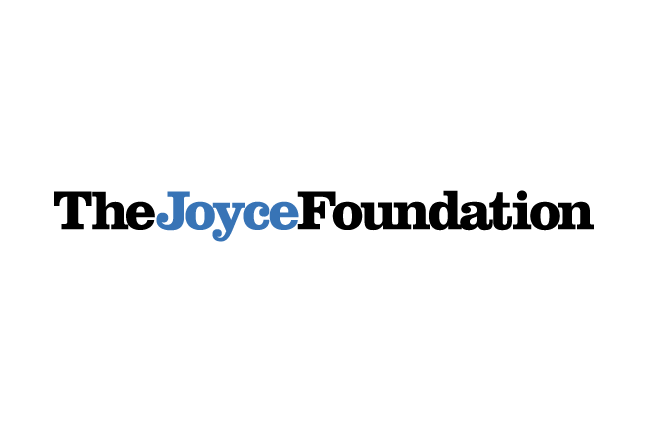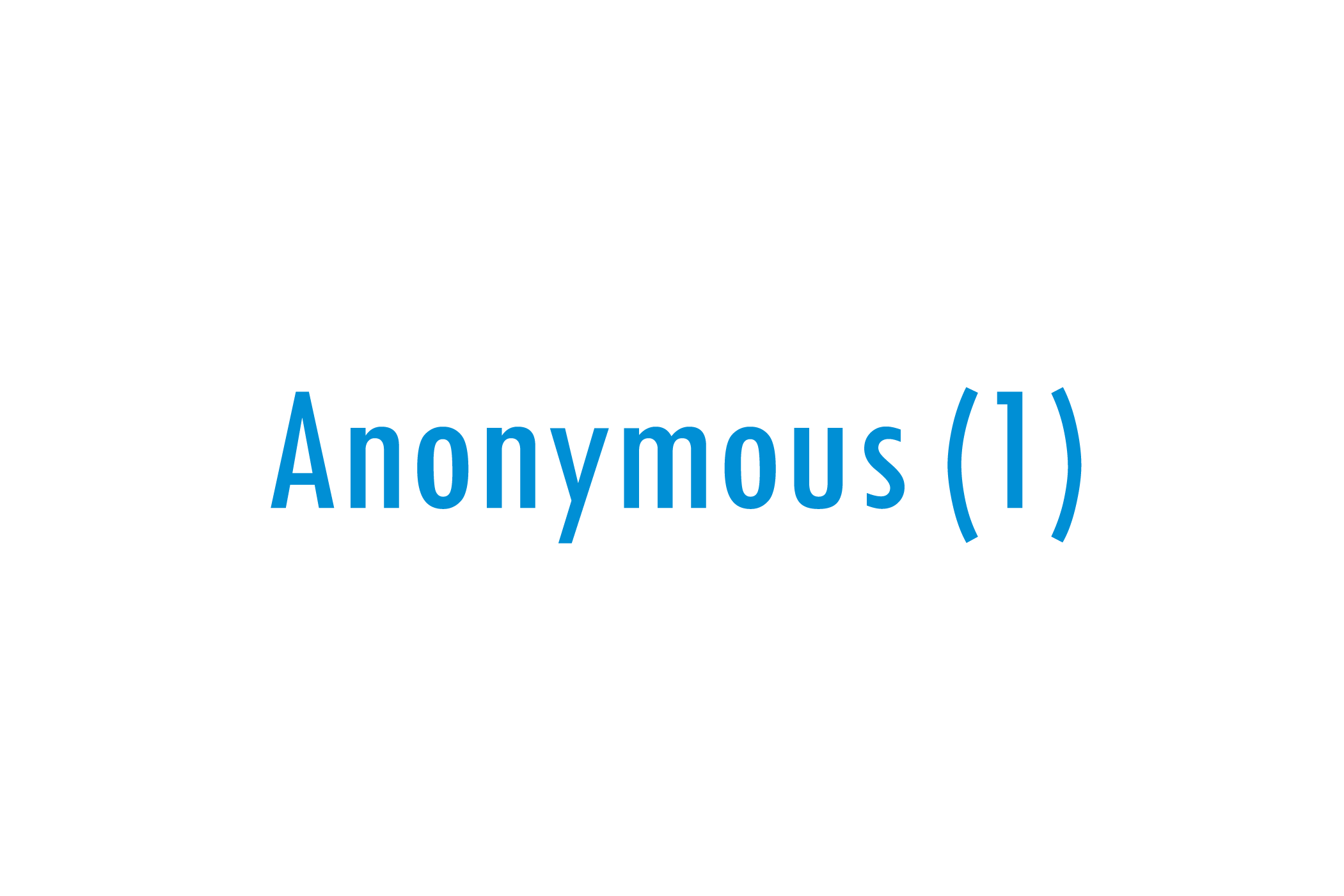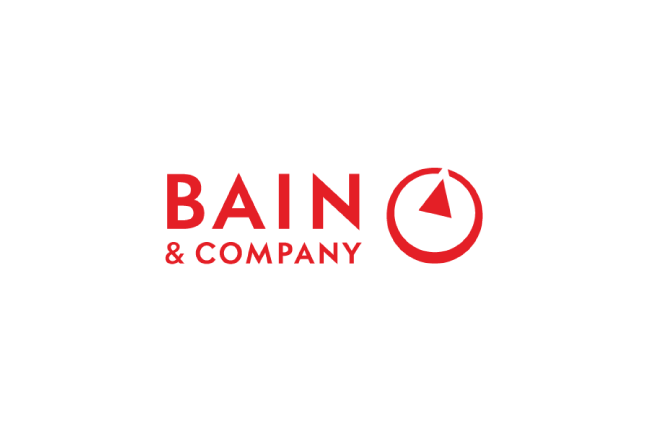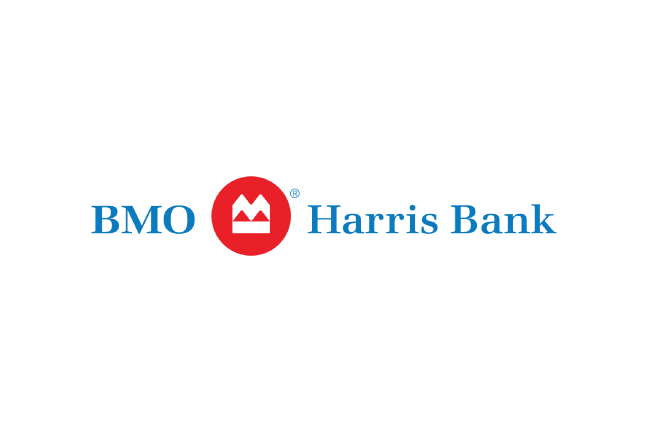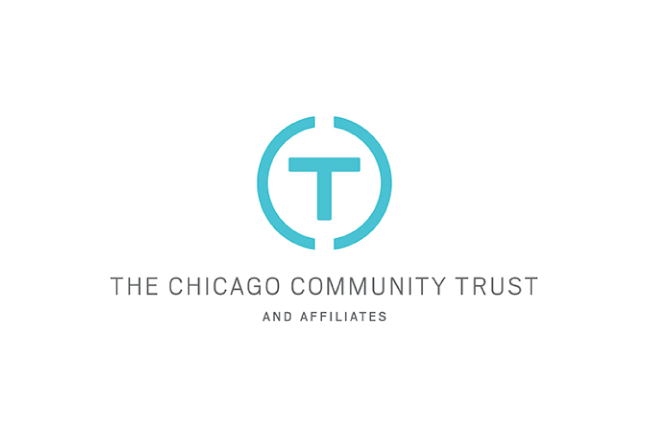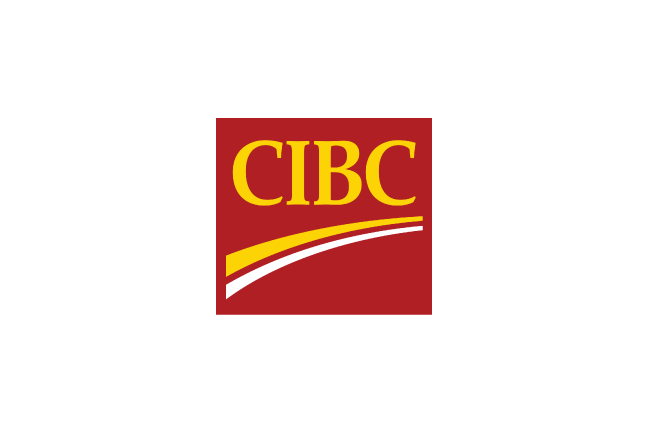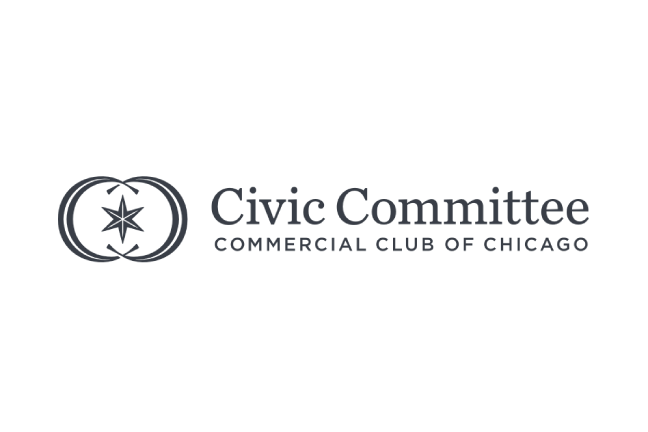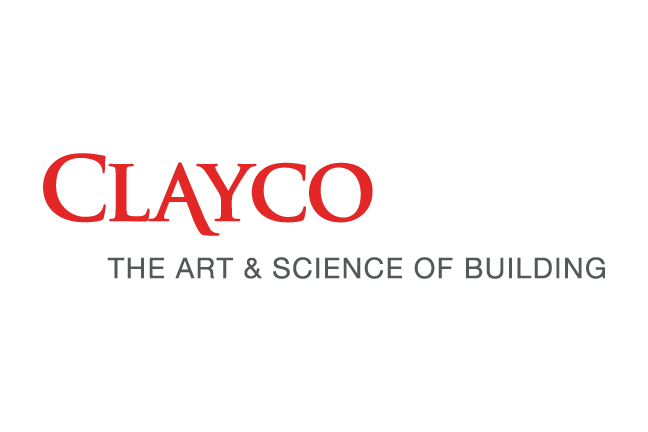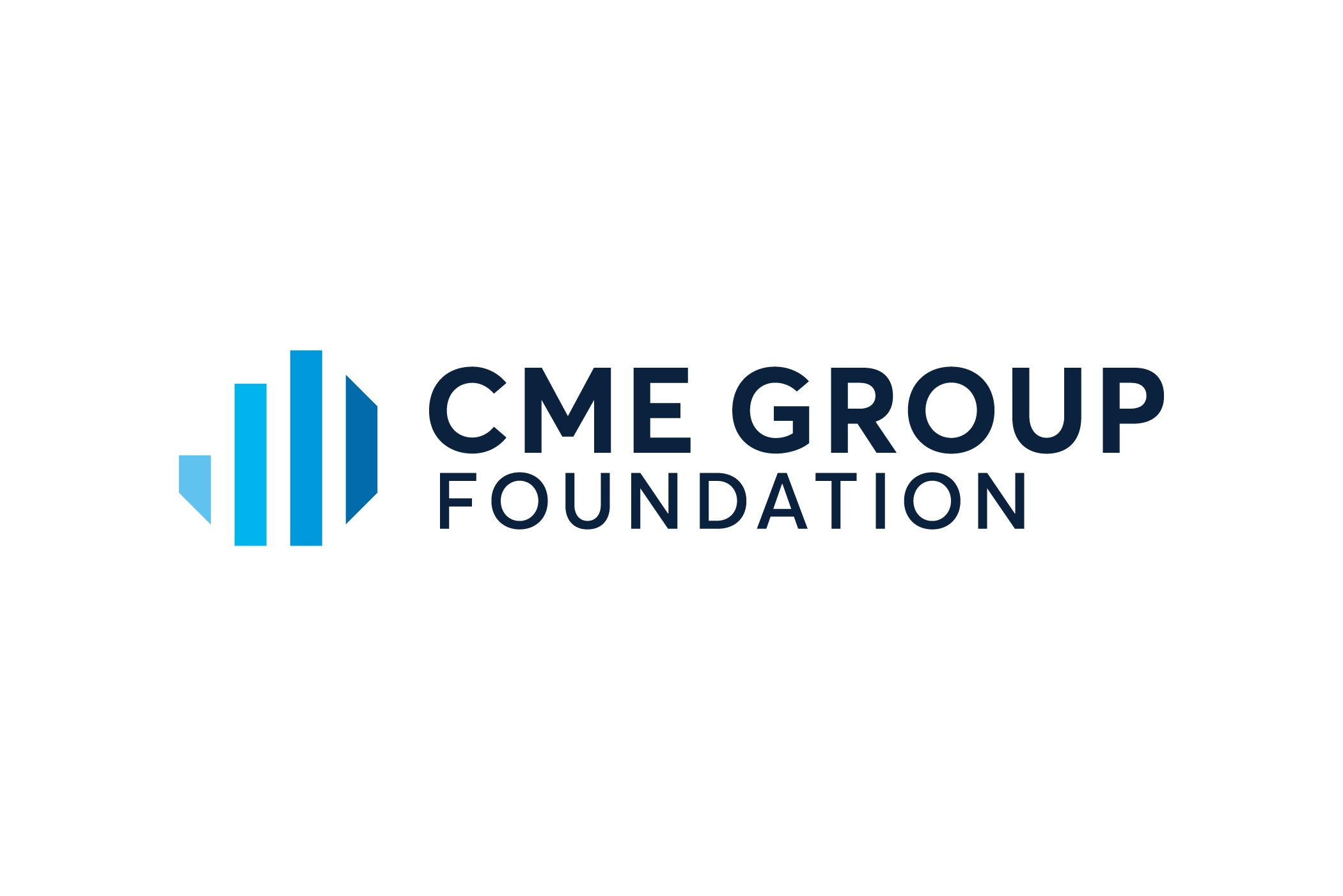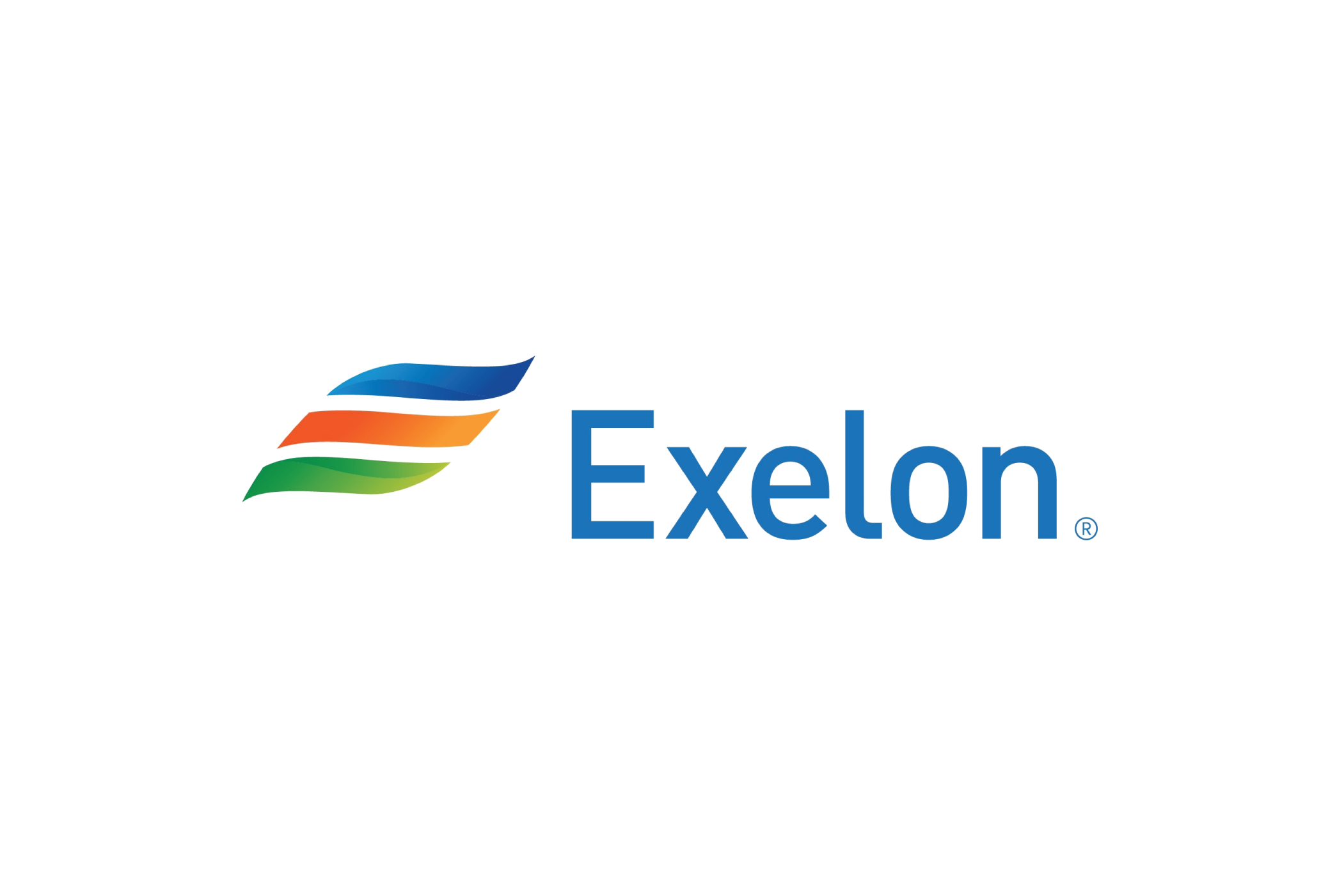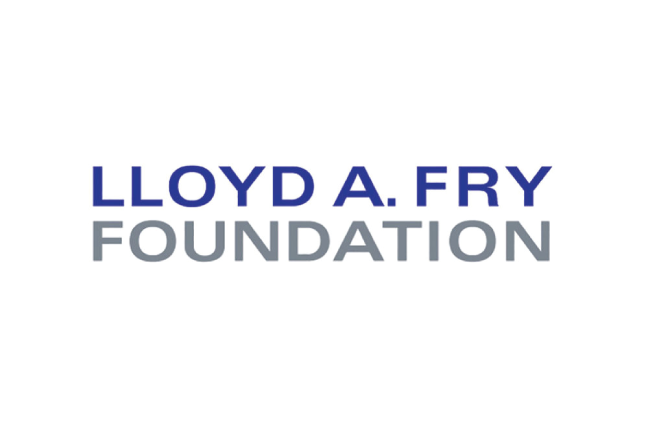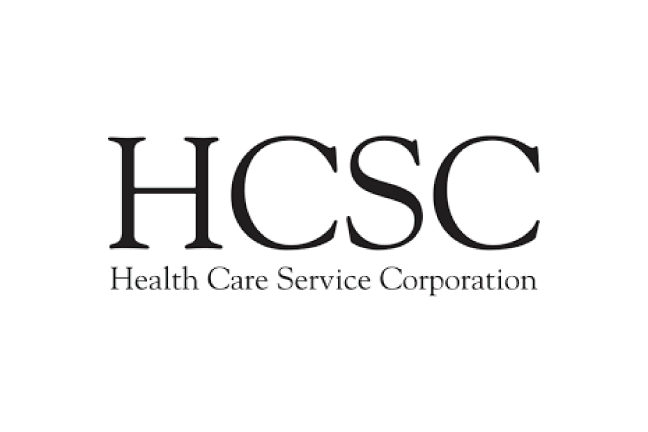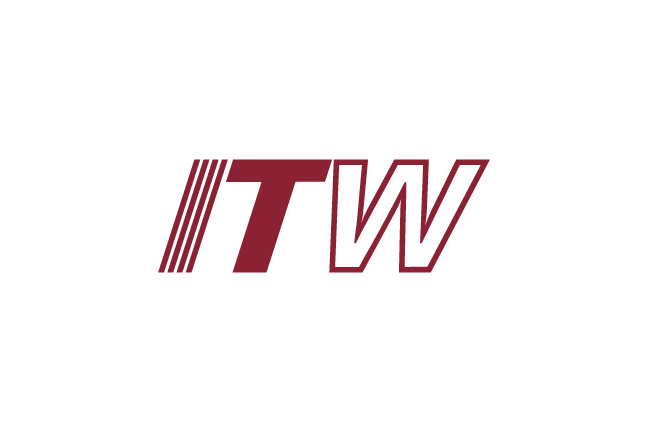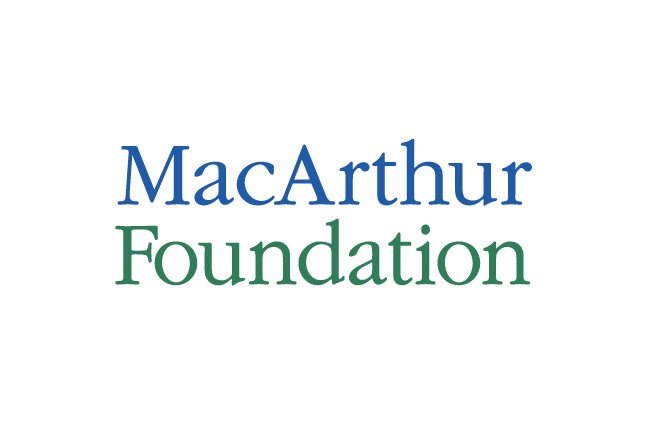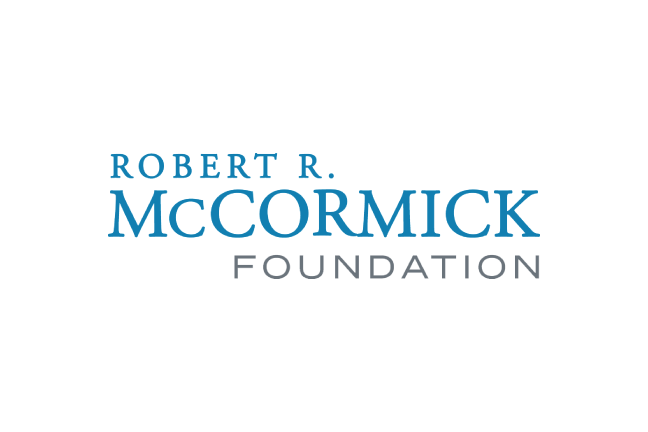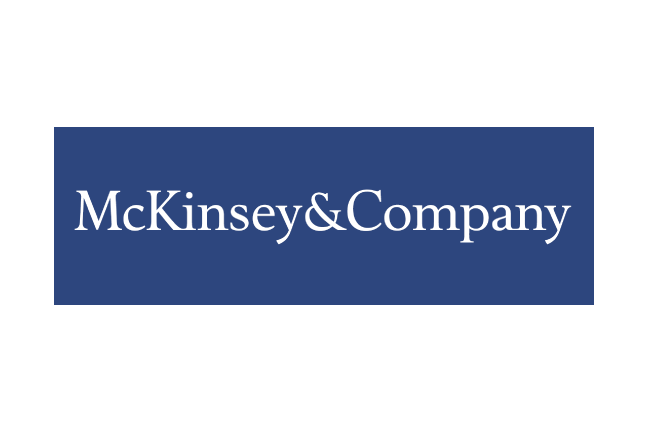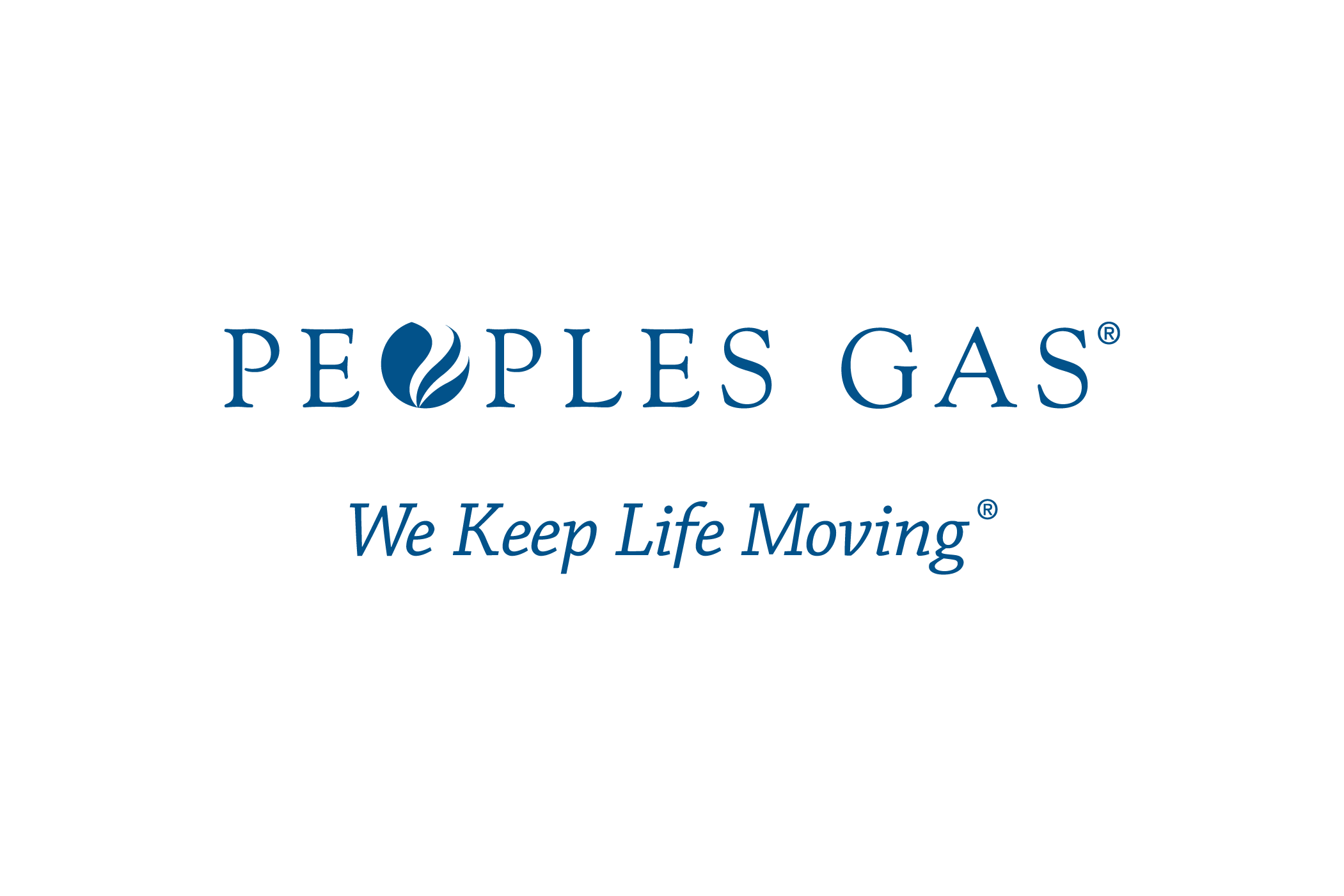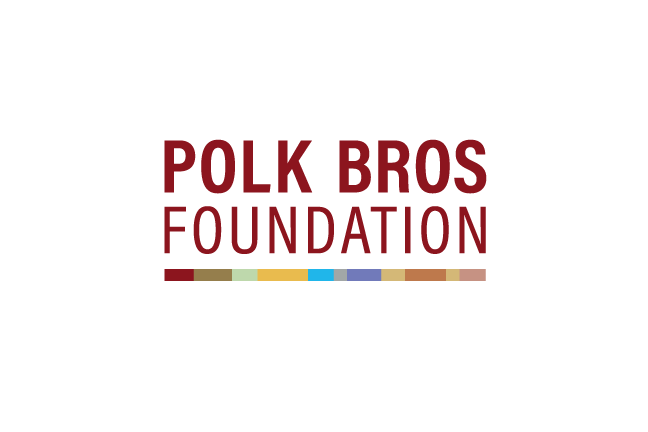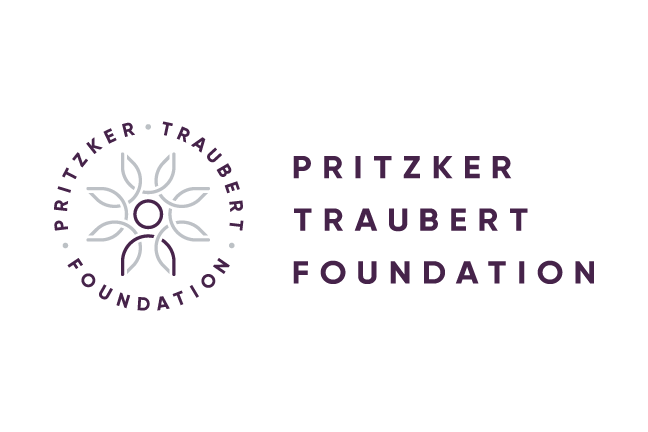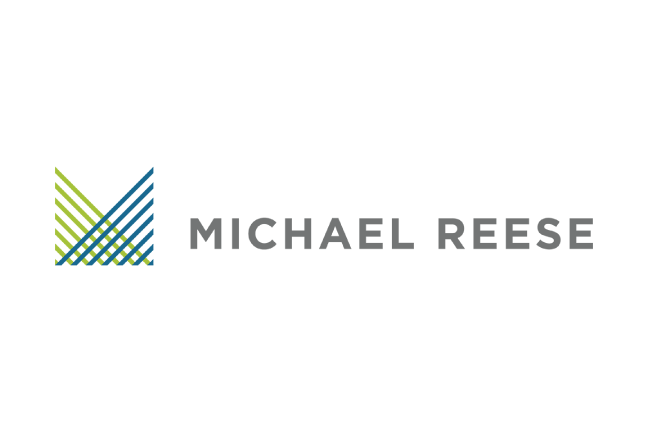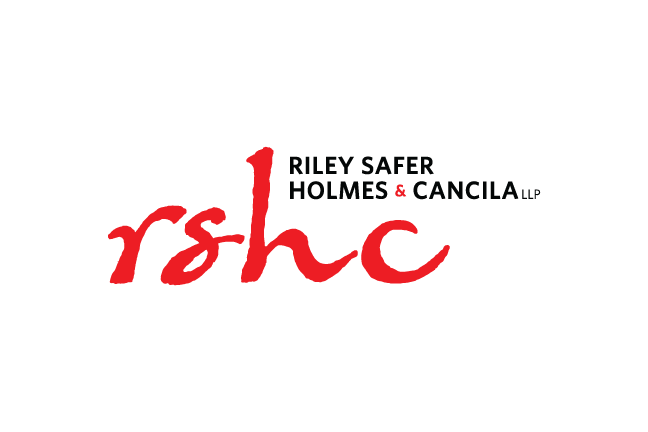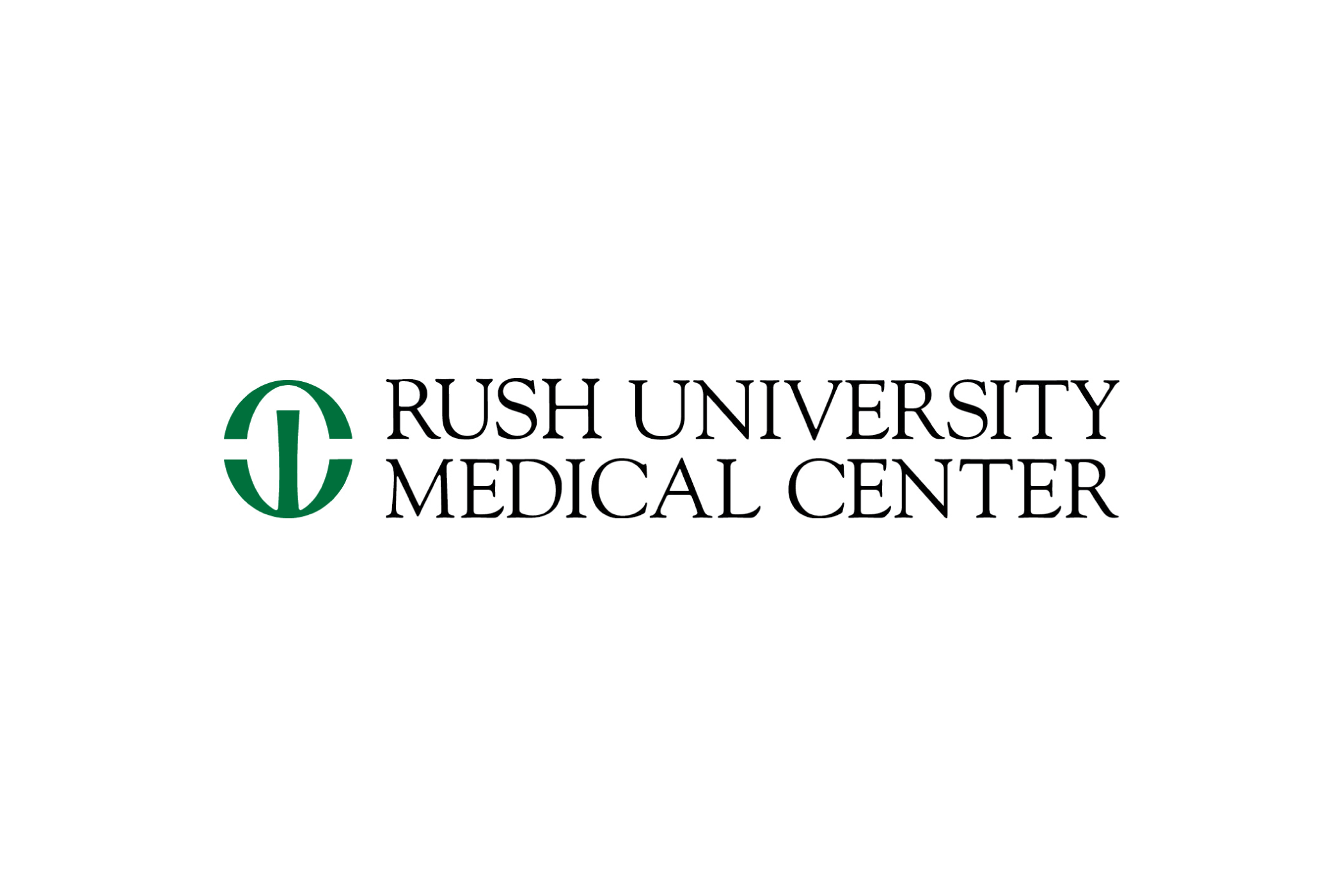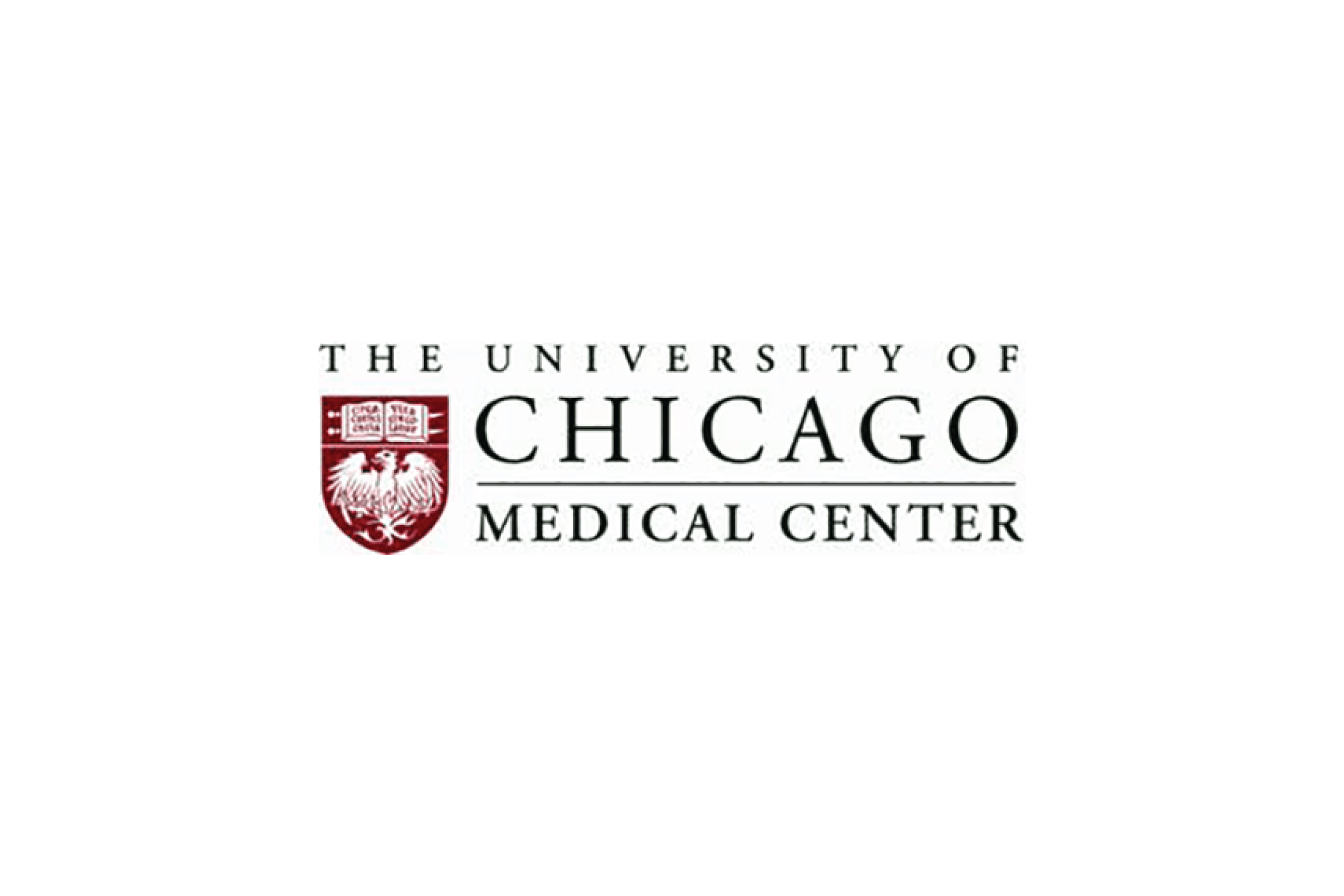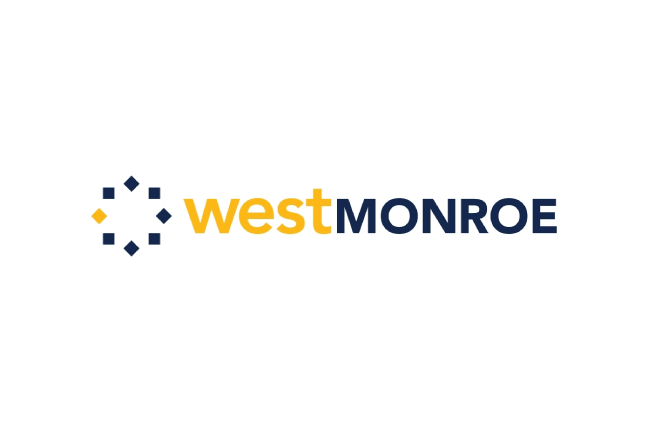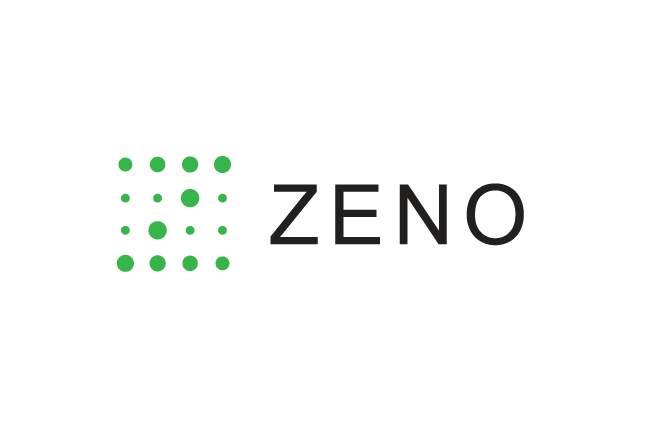PHASE 1 | October 2020 – March 2021 | Community-led Engagement
Civic Consulting Alliance developed an application and selection process to choose community-based organizations to join a new “Whole School Safety Steering Committee.” In December, CPS selected five organizations: the ARK of St. Sabina, BUILD Chicago, Community Organizing and Family Issues (COFI), Mikva Challenge, and Voices of Youth in Chicago Education (VOYCE).
In January and February, in partnership with Embark Strategies, the Steering Committee—with coordination support from Civic Consulting Alliance and our pro bono partner Slalom—co-designed and hosted 18 community engagement sessions with more than 675 people to gather ideas about how to achieve three pillars of school safety: physical safety, emotional safety, and relational trust. In March, Civic Consulting Alliance then worked with CPS, Embark Strategies, and the Steering Committee to synthesize these ideas into 5-10 recommendations for CPS high schools to consider.
PHASE 2 | March 2021 and Beyond | School-based Implementation
Over the spring and summer, individual CPS high schools leveraged the options generated by community members and curated by the Steering Committee to develop their own unique Whole School Safety Plans. Civic Consulting Alliance and the University of Chicago's Trauma Responsive Educational Practices (TREP) Project supported this second phase of work.
In addition to alternative approaches to school safety, the plans also included recommendations for a school’s use of SROs. Local School Councils then voted on the plans, which resulted in the following decisions:
33 high schools voted for plans that would eliminate or reduce the presence of SROs and allocate money towards alternative school safety approaches
20 high schools voted for plans that would retain both of their SROs
These votes are in addition to 17 high schools that voted to remove both SROs in summer 2020, before there were alternative Whole School Safety options.
As a result of this effort, CPS high schools now have access to a robust, community-driven process for designing their school safety plans. Today, CPS high schools can implement the particular Whole School Safety Plan recommendations that best help them build positive community relationships, ensure a safe learning environment, and address students’ social and emotional needs. Yet work remains to further reduce racial disparities in school discipline and policing. In the year ahead, CPS—with Civic Consulting Alliance data analysis, facilitation, and other support—will monitor implementation of its Whole School Safety Plans to assess and further refine CPS’ school safety approach. While the work to reimagine public safety continues here in Chicago and across the country, this process serves as an example of how to gather and meaningfully incorporate community input to ensure more equitable outcomes.

